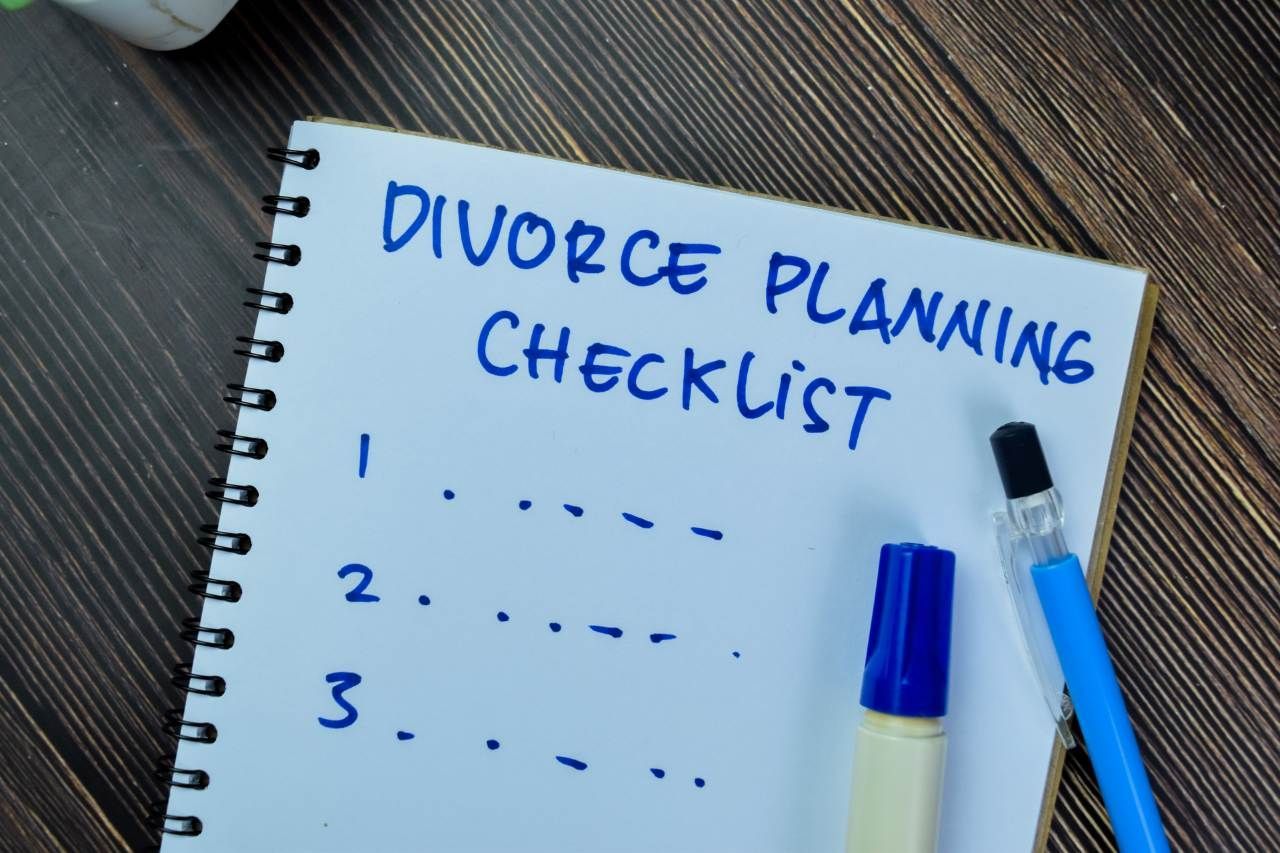How Long Do You Have to be Separated Before Divorce is Automatic in the UK?

If you're considering ending your marriage, you've likely come across the term "separation" and wondered how it fits into the divorce process. One common question is: how long do you have to be separated before divorce is automatic in the UK? The answer isn't as straightforward as you might think. In fact, there's no such thing as an "automatic divorce" in the UK, regardless of how long you've been separated. However, separation can play a role in the divorce process. Let's break down what you need to know.
What Does "Automatic Divorce" Mean in the UK?
First, let's address the misconception of "automatic divorce." In the UK, a divorce is never automatic. It always requires a formal legal process. Whether you've been separated for two years, five years, or even longer, you still need to apply to the court for a divorce. Think of it this way: separation might be a pathway to divorce, but it doesn't trigger it automatically. You always have to take formal legal steps to dissolve the marriage.
Separation Periods for Divorce in the UK
Historically, separation periods were very relevant to obtaining a divorce under the old fault-based system. So, what were the rules around separation and divorce?
Separation Without Consent
Under the old law, if you wanted to divorce without your spouse's consent, you had to prove that you had lived apart for five years. This was often seen as a lengthy and undesirable waiting period. For many couples, it felt like being trapped in a legal limbo.
Separation With Mutual Consent
If both parties agreed to the divorce, the required separation period was reduced to two years. This meant that if you and your spouse both acknowledged that the marriage was over and had been living apart for at least two years, you could use this as grounds for divorce. You might be wondering, "What exactly does 'living apart' entail?" It generally means living in separate households, although there are nuances we'll explore below.
Living Together During Separation
Interestingly, under the old rules, it was technically possible to be considered "separated" even while living under the same roof. However, you would have needed to demonstrate that you were leading entirely separate lives—separate bedrooms, finances, and household tasks. This could be quite complex to prove, and frankly, most couples opted for a full physical separation to avoid ambiguity.
Recent Changes to Divorce Laws in the UK
The landscape of divorce law in the UK underwent a significant transformation in 2022 with the introduction of the Divorce, Dissolution and Separation Act 2020. These changes have simplified the process in many ways.
Introduction of the No-Fault Divorce
The most significant change ushered in by the new legislation was the introduction of "no-fault divorce." But what does this mean for you? Essentially, it means that you no longer need to provide a reason, or "ground," for the breakdown of your marriage. Previously, you had to rely on one of five "facts," which included the separation periods we discussed earlier, as well as adultery, unreasonable behaviour, or desertion. Now, you simply need to state that your marriage has irretrievably broken down.
How the New Law Impacts Separation Rules
With the advent of no-fault divorce, the traditional separation periods have become somewhat less relevant. You no longer need to prove a two-year or five-year separation to get divorced. However, there is a minimum period of 20 weeks from the start of the divorce proceedings to applying for a conditional order (formerly known as the decree nisi), followed by a further 6-week period before applying for the final order (formerly the decree absolute).
How to Prepare for Divorce After Separation

Even under the new no-fault system, preparing for divorce involves several important steps. Although the old separation periods are no longer mandatory, many couples find that a period of separation can still be beneficial in practical terms. It can certainly make the divorce process less difficult or painful for both parties, including children.
Documentation and Evidence
While you no longer need to prove fault or separation, it's still wise to keep organised records. This includes financial documents, such as bank statements, mortgage details, and any other relevant paperwork. Having these documents readily available can streamline the process when it comes to dividing assets and making financial arrangements.
Seeking Legal Advice
Navigating the complexities of divorce can be daunting, even under the simplified no-fault system, which is why seeking professional legal advice is always recommended. A solicitor can guide you through the process, ensure your rights are protected, and help you achieve the best possible outcome. And as specialists in London divorce law, we’re always ready to help and offer guidance tailored to your situation.
Mediation and Agreement
Although not mandatory, mediation can be an effective way to reach an agreement on issues like finances and child arrangements. If you and your spouse are able to communicate constructively, a mediator can facilitate discussions and help you find common ground. Reaching an amicable agreement outside of court can save time, money, and emotional strain.
Final Thoughts
So, to reiterate, there's no such thing as an automatic divorce in the UK, regardless of how long you've been separated. While separation periods were significant under the old fault-based system, the introduction of no-fault divorce has changed the landscape. Now, the focus is on providing a statement that the marriage has irretrievably broken down, rather than proving fault or lengthy separation.
However, a period of separation can still be beneficial for practical reasons, allowing both parties time to adjust and prepare for the legal process ahead. If you're considering divorce, remember to seek professional advice, gather your documentation, and consider mediation if appropriate. Navigating a divorce is never easy, but understanding the process and taking the right steps can help you move forward with greater confidence.












